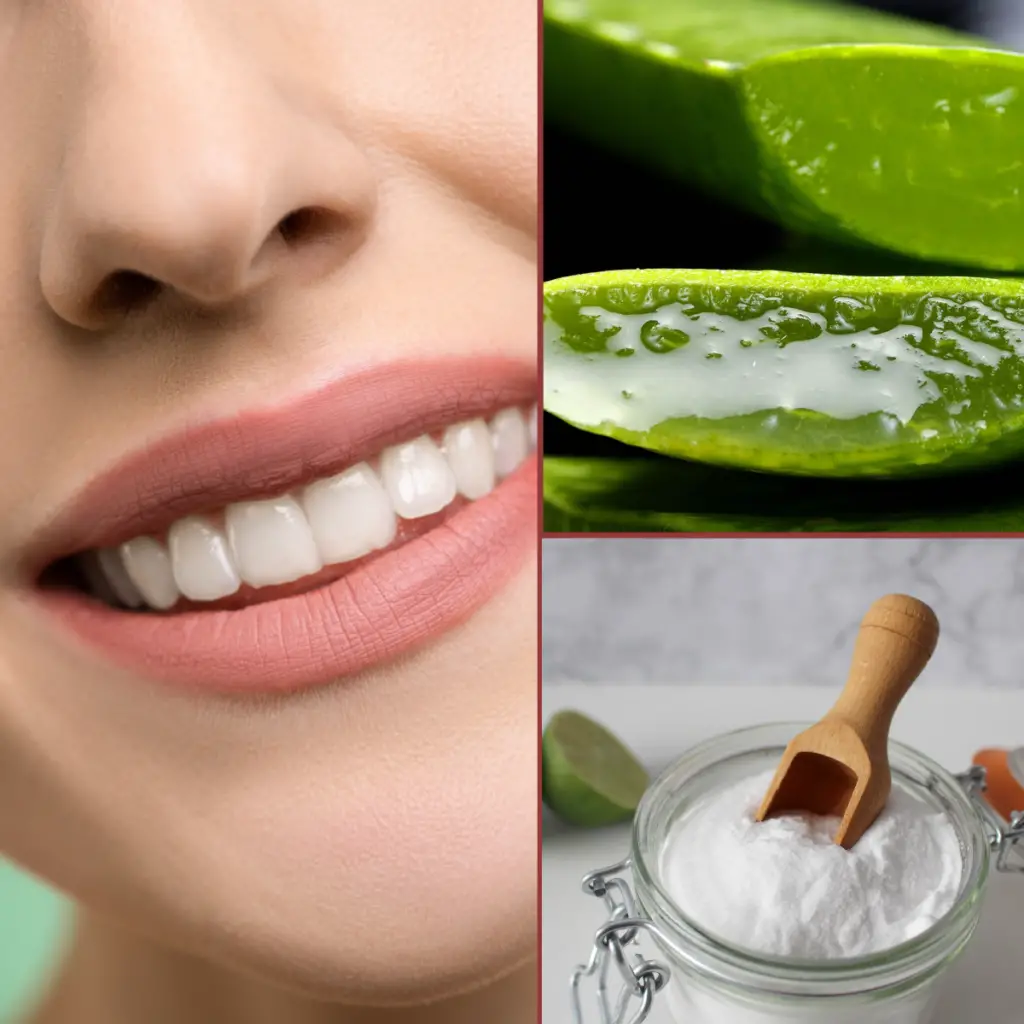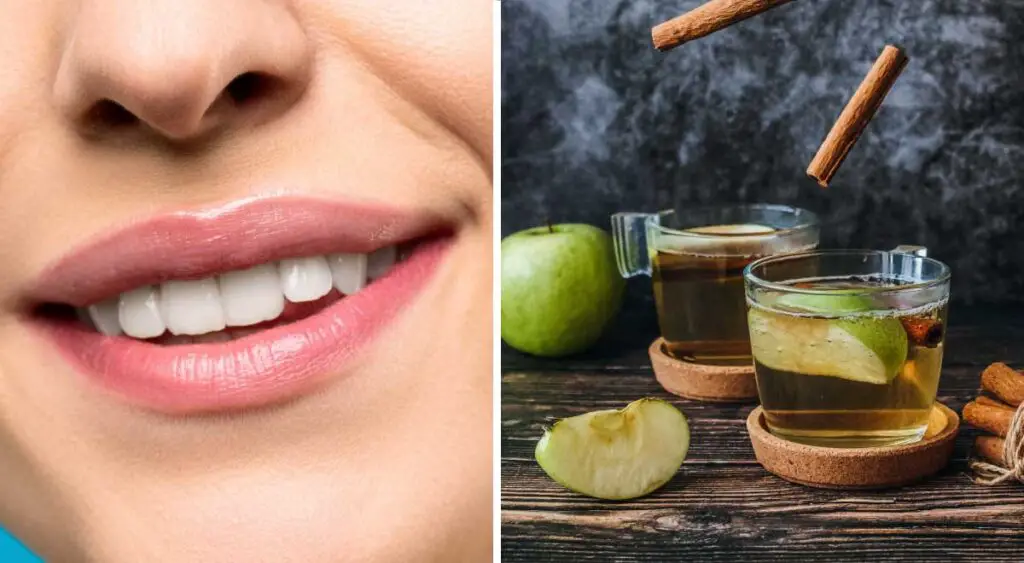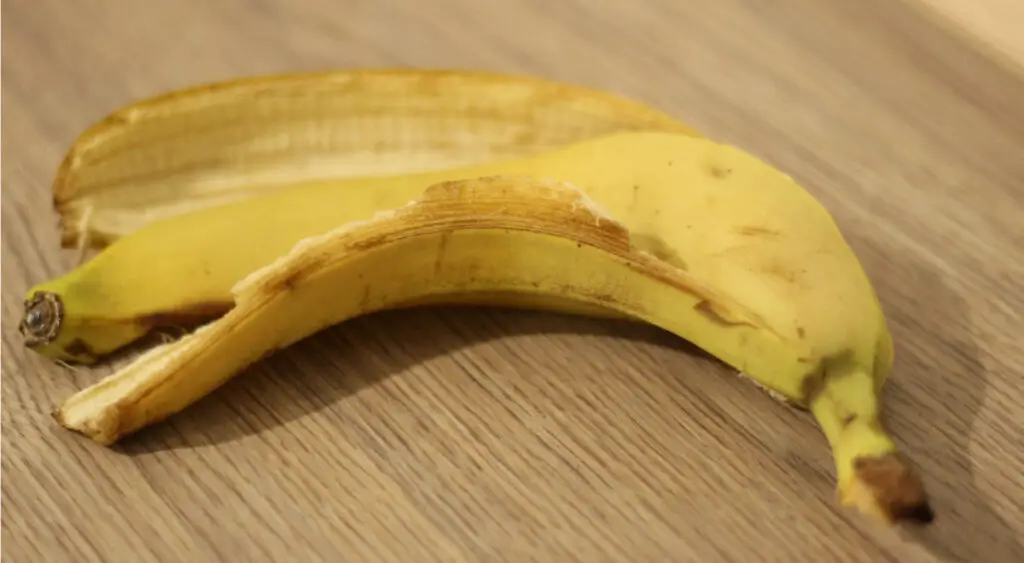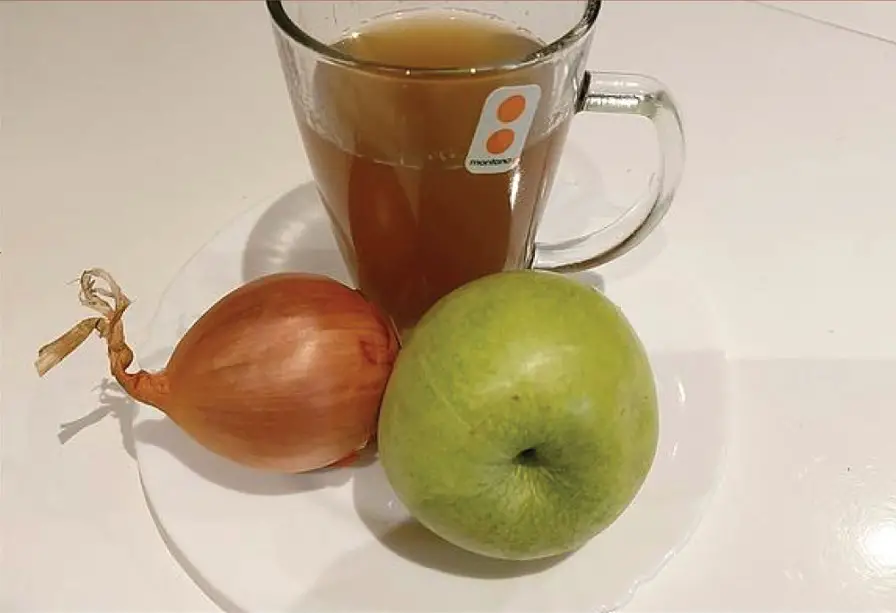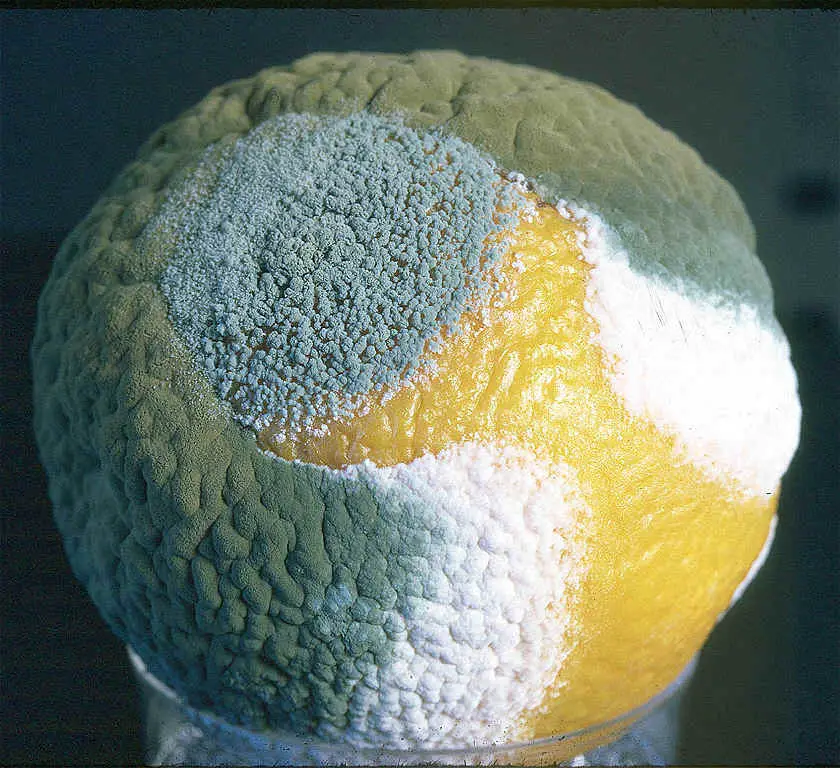What is Gum Disease (Gingivitis)?
One of the most unpleasant oral diseases, gum diseases or gingivitis is pretty common nowadays. It describes inflammation of the gums that can vary in severity. Some cases may be mild, but in severe cases it can lead to serious oral health problems.
It should be taken very seriously as even in its early stages, the disease is an indicator of looming periodontitis. If not treated on time, gum disease can do a lot of damage and even make you lose your teeth.
Gingivitis makes your gums bleed easily during flossing or brushing. Even the slightest touch can cause bleeding in advanced forms of gum disease which is why it’s important to catch it early.
Symptoms of Gingivitis
A person suffering from gum disease usually experiences a few symptoms rather than just one. Here’s an overview of the symptoms that indicate the disease:
- Visually, your teeth look bigger – that’s because they’re pulling away from your gums
- Bleeding when brushing or flossing
- Red and swollen gums
- Constant bad breath
- Loose teeth
- Pus in interdental spaces
- White spots on the gums
These are not the only symptoms of gum disease. In advanced stages (e.g. chronic gingivitis) complications may arise. Leave the problem untreated and it will lead to periodontitis, which is often confused with gum disease.
The Difference between Gum Disease and Periodontitis
As mentioned, these two diseases are often confused, but they’re very different. Gingivitis occurs due to inflammation of the gums, while the latter is inflammation or infection in the bone underneath.
Both are woven together so if you prevent gum disease, you will most likely stay away from periodontitis as well. If you don’t, periodontitis can lead to deep gum pockets and eventually make your teeth fall out. You wouldn’t want that, would you?
Causes of Gingivitis
Gum disease doesn’t occur because of one factor. As a matter of fact, it’s usually a combination of a few causes that can lead to it.
The main is bacteria ‘stuck’ on the teeth in the form of oral plaque and in the interdental spaces. Here’s a list of other factors that can lead to it:
- Smoking
- Poor oral hygiene
- Stress
- Alcohol
- Certain types of cancer
- Overlapping teeth
- Hormonal changes
- Poor diet
- Diabetes
In most cases, it occurs due to poor dental hygiene or diet. However, gum disease may often come as a result of stress which is closely linked to any kind of inflammation.
Gingivitis Treatment
Gum disease treatment includes medications and pocket treatment you can get at your dentist. Professional dental cleaning or even dental restoration might also be needed. Most dentists will recommend regular checkups and taking preventive measures against gingivitis. It’s better to prevent it than treat it later, right?
The good news is that there are many gingivitis home remedies and preventive measures that can help you avoid it. Apart from stopping smoking and brushing/flossing regularly, you can also try the following natural remedies to keep the nasty gum disease as far away from you as possible.
You need to keep in mind that there’s no definitive gingivitis cure. If you pay attention to your dental hygiene, you should be able to avoid it.
8 Natural Gingivitis Cures
Baking Soda
Mix baking soda with a bit of water in order to create a paste and rub this mixture along the gum-line with the fingers. This should keep the inflammation down and protect your gums from damage.
Aloe Vera
Aloe Vera is a common ingredient in more than one natural gingivitis cure. Rub the gel on the gums and leave it to work for 5 minutes. Repeat this procedure until the problem is solved.
Lemon Juice
Lemon juice has anti-inflammatory properties and it can be used in the treatment of gum infections. Lemons contain a lot of vitamin C, and that can help the gums to fight off the gum diseases.
Squeeze the juice of one lemon and add a little salt. Mix the juice and the salt well to make a paste. Apply that mixture on the teeth and leave it for a few minutes then gargle to wash it off.
Tea Tree Oil
Tea tree oil is a very effective antiseptic that can work wonders against gingivituis. Rub a bit of tea tree oil on your gums in order to stop the gum disease and to alleviate the symptoms. You can find a toothpaste with tea tree oil to fight bacterial accumulation in your mouth.
Clove Oil
Clove oil is a common ingredient in many natural gingivitis cures. Some health practitioners recommend rubbing the oil to the gums. This might sting a bit in the beginning, but it should pass in a bit. Repeat the process every day for strong and healthy gums.
Mustard Oil
Mustard oil is part of every home. We use it as a cooking medium because of its health benefits. It is very rich in vitamins and has great antioxidant properties.
To treat gum disease, take ½ teaspoon of mustard oil in the palm of the hand. Rub the oil with your finger over the gums with a circular motion, and then rinse with warm water. This will stimulate your gums, increase the blood circulation and soothe your pain. Apply this every day for strong gums.
Turmeric
A spice we commonly use, turmeric is a great ingredient for your gums. It can easily reduce inflammation. Take 1 teaspoon of turmeric powder and mix the powder with honey in order to form a paste. Apply this paste over your teeth and gums. Leave the paste there for 3 minutes. Then, rinse it with water. Do this before going to bed every night.
Coconut Oil
Coconut oil is a very strong anti-microbial and also has anti-inflammatory properties. It can protect your gums from gingivitis naturally. The oil pulling is a great treatment for your gums.

